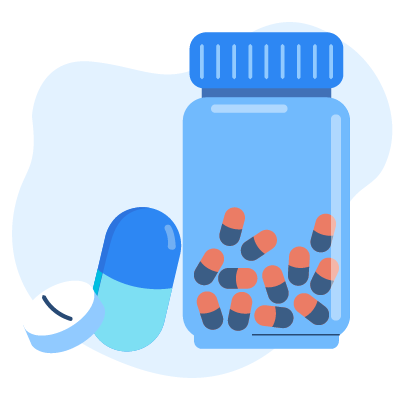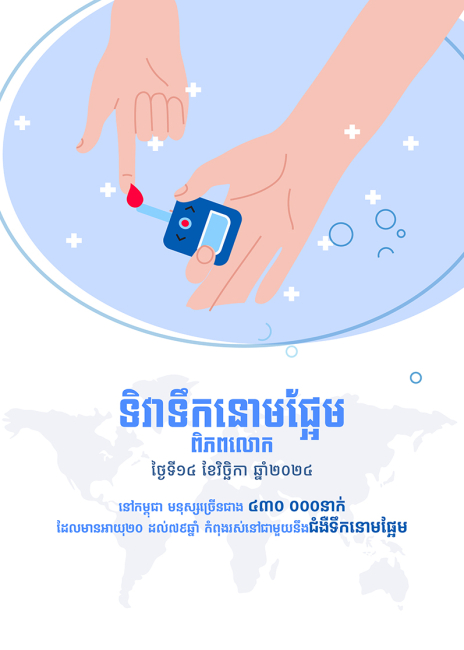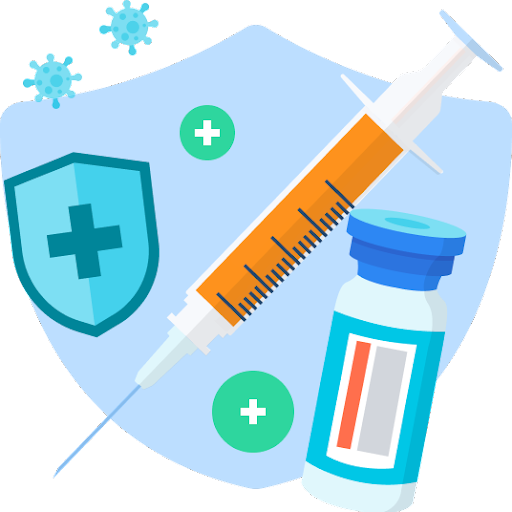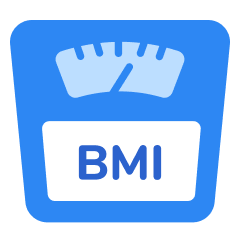Table of Contents
- Hello Health Group Important Information
- FAQs
- Write for us
1. Hello Health Group Important Information
Hello Health Group endeavors to keep our FAQs fully updated with all relevant important information for our users. Please carefully consult our FAQs to troubleshoot any questions you may have and should you still have any queries please do not hesitate to contact us. Our contact details can be found on our contact form.
Last modified: August 5th, 2015
2. Frequently Asked Questions About Spam Email
Due to unauthorized use of Hello Health Group’s name in spam emails, we’ve created a Frequently Asked Questions section for you about spam.
Alert
Spammers from time to time, copy Hello Health Group ‘s email templates to send unsolicited email using the Hello Health Group name and logo. Spammers (and hackers) choose to do this for various reasons, for example:
- Using Hello Health Group ‘s name to sell you medication.
- Install hidden software (called malware) to control your computer or steal data.
Please be assured that all of our emails will come to you from a Hello Health Group email address, and any link within our newsletters or emails will link back to our site. Here are a few answers to some of the most commonly asked questions about Spam. We hope these help. To contact Hello Health Group, you can send us an email using the Contact Us link found at the bottom of every page of our site.
What is spam?
Spam is a popular term used for unsolicited email. According to Merriam-Webster’s Online Dictionary, spam is defined as “unsolicited usually commercial e-mail sent to a large number of addresses.” More formal synonyms for spam include UCE (unsolicited commercial email) and UBE (unsolicited bulk email).
What is phishing?
Phishing is a technique used by hackers to obtain information from your computer (such as usernames, passwords, and financial data). Phishing is typically carried out as a forged, unsolicited email (similar to spam) containing malicious web links and/or attachments. Clicking the malicious link or opening an attachment can infect your computer with malicious software.
Is Hello Health Group giving my email address to anyone?
Hello Health Group takes privacy and security issues very seriously. Read our Privacy Policy.
How do spammers and hackers get my email address?
It is difficult to determine exactly how spammers and hackers (people who send unsolicited email) collect email addresses because there are so many ways to do it. Popular methods include: getting email addresses from chat rooms, search engines, unsecure email lists, and “mailto” links on Web pages. Many companies and individuals who spam use “Web crawlers,” or automated programs that look through (or “crawl”) Web traffic or Web pages to harvest email addresses. Unfortunately, if your email address is listed on a public Web page, it is very easy for the spammers to get it.
Sometimes spammers and hackers obtain email addresses by mailing to common names or common words used in email addresses, for example “[email protected]” or “[email protected].” They may also keep databases by known Internet domain names (like “famous-college-name.edu”). They constantly probe that domain for real email addresses. There are known viruses that will send email to all the addresses in your email program address book.
How can I reduce the amount of spam I receive?
Most email providers provide tools to filter out suspected spam email into a bulk folder commonly named “Spam” or “Junk”. You should also have the ability through your provider or email client to adjust filtering and enable “safe email” settings.
In addition to filtering, you can also:
- Avoid posting your email address on public Internet forums, blogs, chat rooms, social networks and directories.
- Choose an email address that is hard to guess.
- When signing up on an Internet site, check the privacy policy to ensure your email is kept private. Opt out of email you wish not to receive in connection with the signup.
How can I protect against phishing?
Phishing through email relies on you either clicking on a malicious web link or downloading and opening an email attachment. It is best to avoid links and attachments in email from unknown senders. Review web links in email (without clicking on them) to ensure they point to a website you trust. If an email appears to be suspicious in nature (even from someone you know), exercise with caution.
- You can further protect your information by:
- Keeping your computer up-to-date with the latest security patches and anti-virus signatures.
- Trusting your personal information with sites cautiously and submit such information securely through https (SSL).
- Download software from sites that you know and trust
Can I determine who is spamming me?
Spammers often disguise the sender information. Usually, the “to” and “from” fields will be forged, or invisible. Sometimes they can make it look like email came from you, TO you! Even the IP (Internet Protocol) addresses are faked. These techniques make it difficult to determine who the spam came from.
You can however review the Internet path; that is the systems the email has traversed to get to you by looking at the header information of the email. Reviewing header information varies by email provider and program. Generally, you can start by looking for your email provider “help” section for directions.
Is it a good idea to “unsubscribe” or “reply to remove” my address from spam email?
Asking to be removed from a spam email list lets the spammer know your email address is real and may even add you to a database. We strongly urge you to not reply to any spam messages. Doing this confirms that your email address is real. The spammer that received your confirmation can do two things:
- Send you more spam.
- Sell your confirmed email addresses to other spammers, leading to even more spam to your address.
The best solution for combating spam still remains: Delete the mail without opening it, adjust your email filters, and/or report it to your Internet Service Provider!
What about unsubscribing from legitimate email lists that I have subscribed to?
Hello Health Group places unsubscribe directions in every email newsletter we send. Our goal is to give you every opportunity to unsubscribe from our email.
Most legitimate commercial email will include instructions on how to unsubscribe from their list. This is almost always done in the case where you asked to be on an email list. This email is technically solicited by you and isn’t considered spam.
Did you forget that you filled out a form on a company’s web site? Many people do. Or they forget to uncheck the boxes that automatically subscribe them to receive information from a site. Hello Health Group only uses opt-in email sign-up (you have to fill in a form or place a check mark in a box) to help make it easy for you to know exactly what you are signing up for.
Always use caution when you agree to “opt-in” to a list. You may be giving a site the right to sell or trade your email address to another company. Hello Health Group recommends that you always read a site’s privacy and data use policy and understand how they will use your information before you agree to opt-in to any email lists or other data collection.
Last modified: August 5th, 2015
3. Hello Health Group Write for us
Hello Krupet wants to publish your health editorial content!
Help us build a comprehensive collection of beautifully written healthcare editorial about anything from healthy living to family & pregnancy to living with specific healthcare conditions. You don’t have to be an experienced writer. If you have technical knowledge and the ability to explain technical content in a simple manner, our editors will help with writing and publication. To become a content contributor, please review the following notes below.
To contribute your content, your article must be:
- accurate and factual: This is the #1 most important rule for our site If what you submit isn’t factual and isn’t well researched, it won’t get accepted.
- educational and entertaining: daily management tips for patients living with a certain health condition or new ideas that have been studied to promote a healthy diet
- original: the article must always be written by you with none of it plagiarized from somewhere else. (note: We always double check this before accepting an article.)
- not published elsewhere on the web: please tell us if your article has been published elsewhere in a magazine or a book. The only exception is when you have own the rights to the article.
For an article idea, please include:
- The interesting fact or thing you’ll be covering and what angle you plan to take.
- The title you think would work best for the article. (This title should be the subject of your email to us).
- A rough estimate of what you think the length of the article will be. (Articles should be at 500 words)
- Any relevant information about yourself and your experience level. If you’ve been published elsewhere or have examples of your work, those are always a plus to send along with a link.
Send your article or idea to [email protected] We get a lot of submissions daily, so it sometimes takes a while for us to get back to you; so be patient in waiting for a response.
Last modified: August 5th, 2015




















